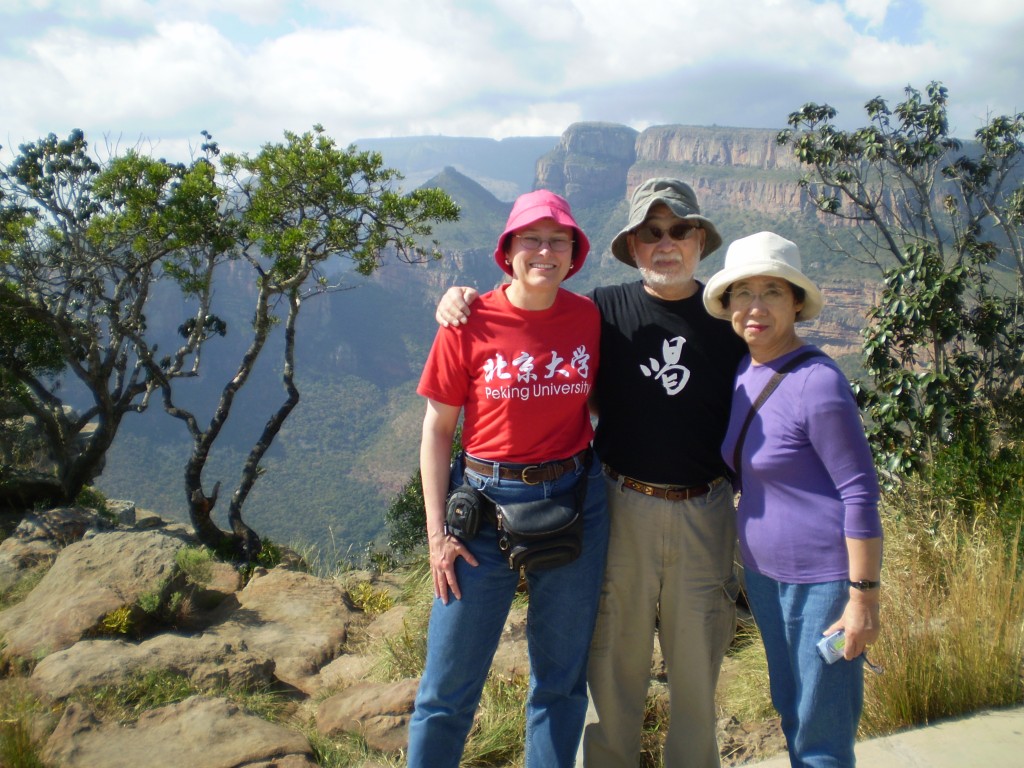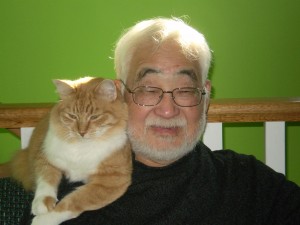RETHINKING LIFE AND DEATH
- Reflection on my 90th birthday –
Rumour has it that Dustin Hoffman’s tombstone is expected to have an inscription: “I knew it would happen.”
Death is not a morbid subject of conversation. When I came to Canada in 1957, I found it strange that suicide was felony; condoms were hidden and sold from under the counter; and abortion and homosexual acts were illegal. I assumed it was the influence of Judeo-Christian culture to encourage procreation and to deny death. In Japan: “Death is real and Life is a sweet dream.” But it’s changed in Canada.
Medical Assistance in Dying (MAID) is legal and a few thousand Canadians benefit from it every year. Gay ministers of religion have been around for more than a few years in major Christian denominations, and same sex couples have been marrying legally for a few years. Conservatives try to avoid the subject of abortion to keep the votes from the middle of the road.
On the surface the Bible is very anti-gay and against masturbation. Lesbianism is ignored because it does not prevent procreation, nevertheless they had been persecuted though there is no Biblical base to condemn it. It was all about preventing waste of sperms. “Thou shall not kill” was a commandment applicable only within the tribe, meanwhile killing members of other tribes was tolerated, even encouraged. They all point to the supreme directives: procreate and proliferate.
It made sense when untimely early death was common and all outsiders were ready to kill you. It was a dangerous and unhealthy world. Too many infants died, many more than those survived. Henry VIII married six wives but had only one male heir. Other tribes were enemies. Humans killed each other by the hundreds of thousands throughout history. Hence life was most precious and death was to be avoided at all cost.
Thank God paradigms shifted: Life and death are no longer oxymoron. They are two sides of a coin. We had dreaded death because too many people died too early, and too often suffered painfully.
I eat wisely, exercise regularly. I enjoy life: family, friends, food, and nature. Without sickness and violence, our natural life should be much longer than it is now. I am an optimist. Prophet Isaiah said, “One who dies at one hundred years will be considered a youth.” Reality is moving rapidly closer to Isaiah’s ideals. It’s not unusual to see obituaries of centenarians. Dying no longer has to be painful. We live longer, procreate and proliferate faster, and stay healthy to the extent that the major concern now is the unsustainable large population.
When Homo Sapience became self-conscious and aware of finitude, the reaction was denial: “They die, but I won’t. I am different: chosen, special, top of the food chain.” So we conjured up something like “god” who will tweak the nature and make us live forever. Imagination invented “Eternal Life.” But now we can live until we are tired of it. MAID rendered “eternal life” pointless. My mother died in sleep at 96 and 1/2 years. She was happy and healthy until the end. Near the end however she kept saying, “My friends are gone. I can’t play piano anymore. Foods don’t taste the same. What’s the point?” Her wish was not eternal life. She wanted rest.
I intend to live fully. When the end comes whoever is out there will take care of the rest. I am happy with that.


